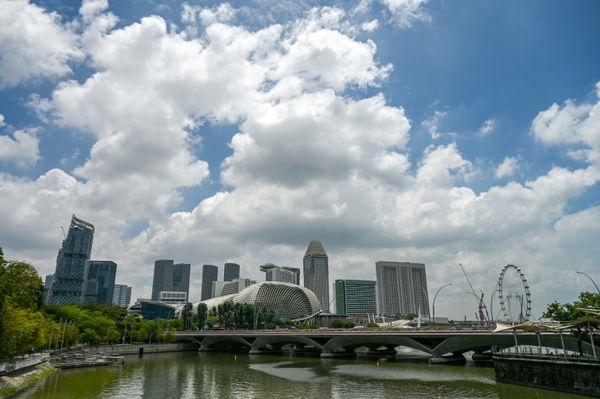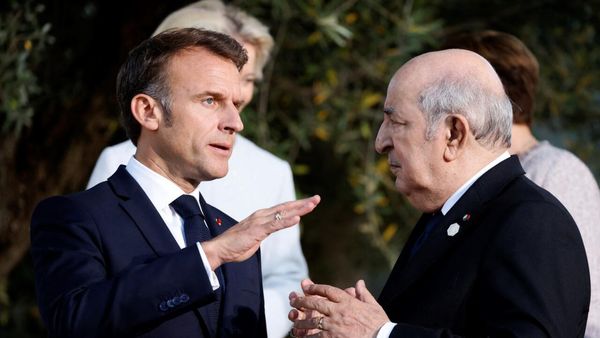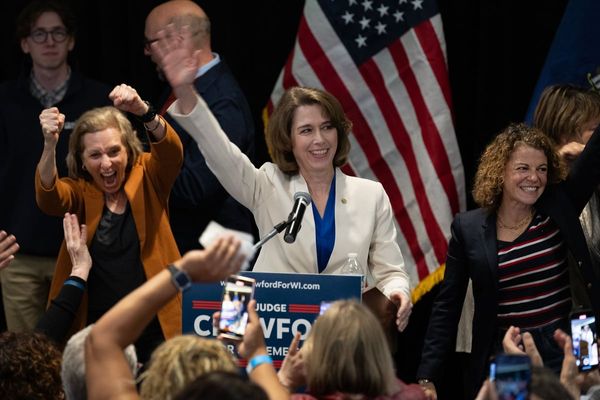
Public sector workers have launched what is being billed as one of the biggest strikes in Northern Ireland’s history amid a dispute over pay and political deadlock.
Sixteen unions representing nurses, teachers, transport workers, civil servants and other sectors started a joint action on Thursday that was expected to cause widespread disruption across the region.
A last-ditch attempt to revive the moribund Stormont executive failed on Wednesday, leaving a question mark over whether devolution will ever return to Northern Ireland.
The 24-hour action involving up to 170,000 workers – an estimated 80% of the public sector – will shut schools, disrupt hospitals and paralyse buses and trains. Road service workers, including those who grit roads, launched a week-long strike amid icy and snowy conditions, increasing an expectation that many private sector companies will shut for the day.
Pickets and rallies are to be held in Belfast, Derry, Enniskillen and Omagh. Padraig Mulholland, the deputy general secretary of Nipsa, which represents civil servants and public sector workers, said members had reached “breaking point” and that this was only the start of wider action.
“Our healthcare system is on life support, our education sector is failing, and the vital services our communities rely on are hanging by a thread,” he said. “The continued disregard for our members’ concerns will leave us with no choice but to escalate our actions.”

There will be a significant police presence at marches and picket lines, said the temporary assistant chief constable, Melanie Jones. “We are there to monitor crowds, minimise disruption and to keep everyone safe.”
The mass strike follows a two-year political crisis that broke down power-sharing and mothballed the Stormont executive and assembly, leaving Northern Ireland run by civil servants, overseen by the secretary of state, Chris Heaton-Harris.
The impasse has aggravated the crumbling of services and has meant that public sector workers have not received pay rises granted to colleagues in the rest of the UK, leaving many struggling to pay mortgages and buy groceries and other essentials.
Political parties and union leaders have said Heaton-Harris has the money and power to grant the pay rises, but has not done so in order to pressure the Democratic Unionist party (DUP) into reviving Stormont, a charge he has denied.
The DUP withdrew from the Good Friday agreement institutions in February 2022 in protest at post-Brexit checks on goods entering Northern Ireland from Great Britain that it said undermined the region’s position within the UK.
Rishi Sunak hoped the Windsor framework’s tweaks to trading arrangements last year would pave the way for a DUP restoration of power-sharing, giving Downing Street a big political victory. But the DUP’s leader, Sir Jeffrey Donaldson, demanded additional concessions that led to months of inconclusive talks.
In December the government offered £600m for public sector pay claims as part of a £3.3bn package – all conditional on Stormont’s restoration. The DUP did not budge.
This week Jayne Brady, the head of Northern Ireland’s civil service, implored Heaton-Harris to avert the strike. “This Thursday will represent the single biggest day of industrial action in a generation, reflecting the strength of feeling and deteriorating, and frankly untenable, position we are now in.”

Heaton-Harris said only a revived Stormont would have the authority to disburse the needed funds.
A Sinn Féin petition led to an assembly recall on Wednesday – the seventh such recall since the DUP boycott – but the DUP again blocked the election of a speaker.
Michelle O’Neill, Sinn Féin’s deputy leader, accused the DUP of refusing to accept a nationalist first minister. “There is a dangerous attempt under way to discard the democratic outcome of the assembly election, and this threatens our democratic governance, public administration, reconciliation and the fabric of this society,” she told the assembly. “If Jeffrey Donaldson does not change his approach, then this sitting may well be the final one of this assembly.”
The DUP labelled the recall a cynical stunt and said the government had the authority and duty to give public sector pay rises.
Kerry Fleck, the vice-president of the Belfast and District Trades Union Council, said workers were standing together. “Not a wheel turns or a light switches on without the intervention of a worker. This is a crucial moment for a renewed trade union movement to demonstrate the power that lies in the hands of all working people and that unity and solidarity are how we win a better world and defend our collective interests.”







